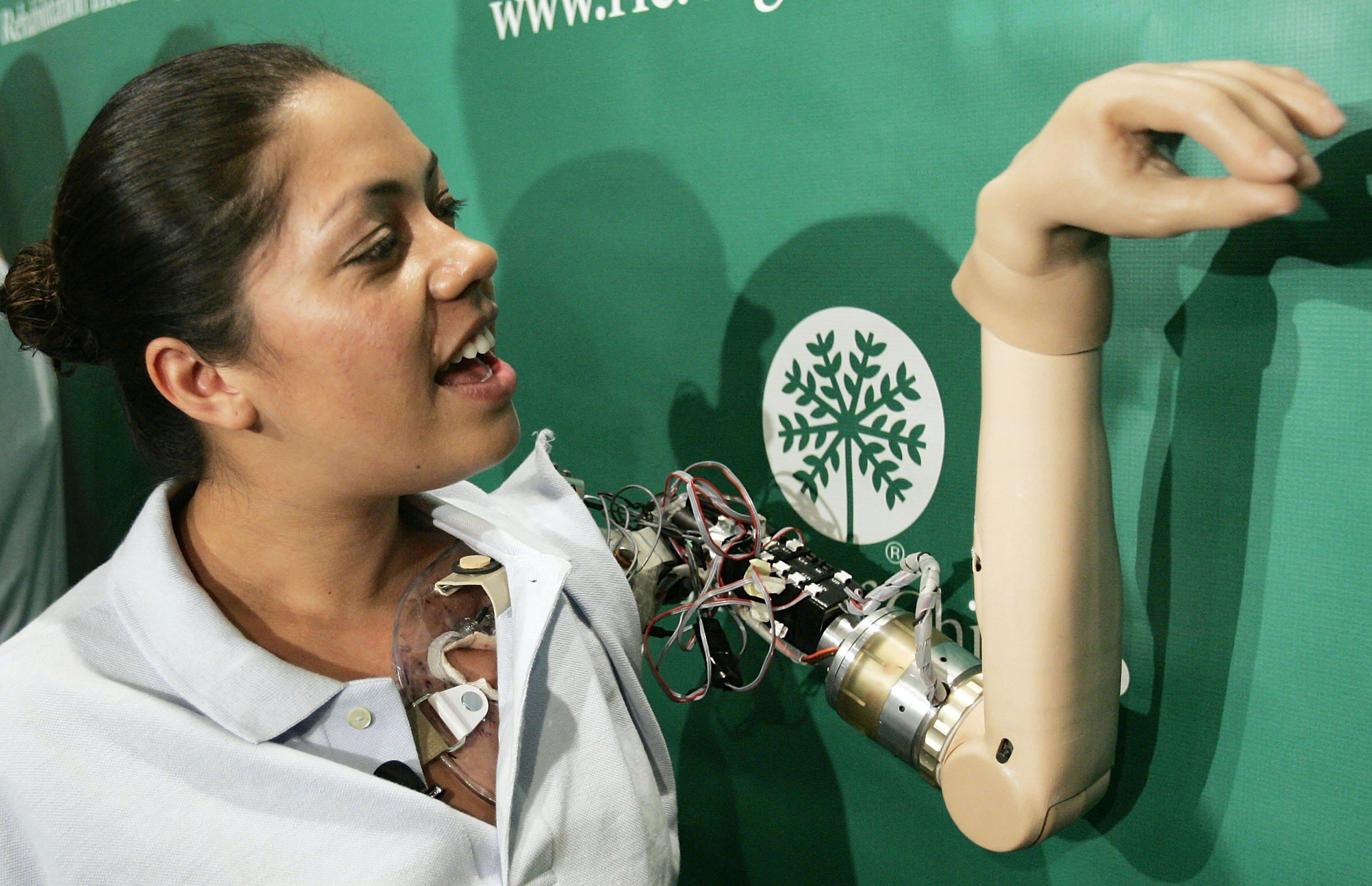Though the word cyborg conjures up images of exoskeletons and computers welded to bodies, the reality is far more mundane: Anyone who has a cochlear implant, for one, could be termed a cyborg. So is the resourceful fellow who made his prosthetic finger into a USB drive. In the coming decades, we’ll see more of these subtle marriages of technology and body, creating new ethical questions.
At the blog Cyborgology, P.J. Rey, a graduate student who writes about emerging technologies, examines the trust relationships we have with the technologies—and the people who develop them—that become engrained with our daily lives. While many have fretted that technologies permit us to become ever more isolated, Rey argues that the opposite is true:
Being a cyborg is risky business; we must depend on the expertise of others to ensure that our equipment is fit for use. This radical dependency on expert systems—and the societies that create them—make cyborgs fundamentally social beings. In fact, it is through dependency on technology, and the subsequent loss of self-sufficiency, that we express our commitment to society. Technology has always been part and parcel to the division of labor. Think bows and shovels. In this sense, being a cyborg requires not only trust in technology producers, but trust in other technology users. There is no such thing as a lone cyborg. The birth of cyborg marks the death of the atomistic individual (if such a thing every existed).
Read more on Cyborgology.
